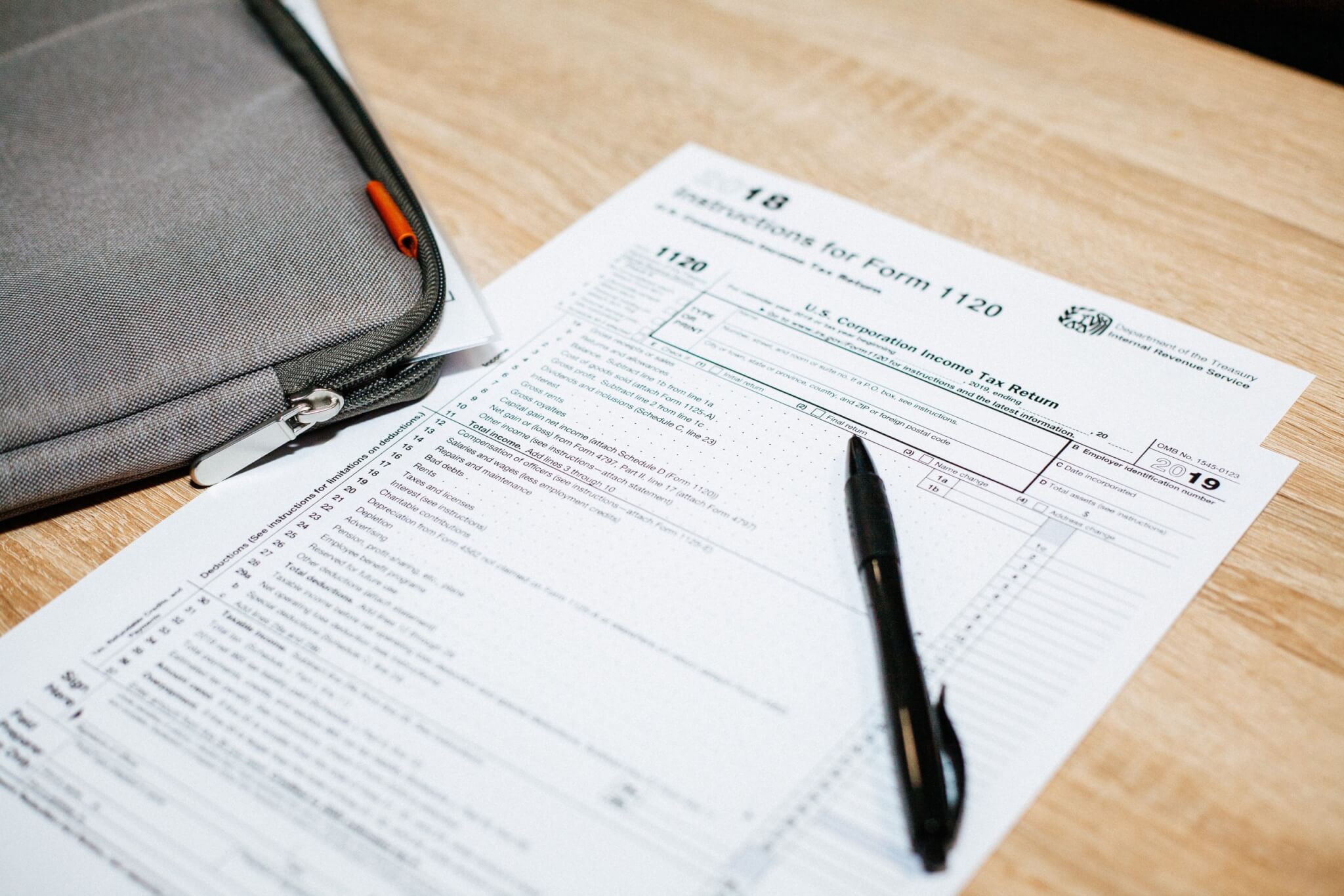Pre-pandemic, HMRC already allowed for a “safe harbour” of up to 60 days per tax year where an individual is unable to leave the UK due to “exceptional circumstances”. These 60 days can be discounted from some, but not all, of the relevant UK day counts in the SRT. Last year, HMRC provided guidance that in light of COVID-19, “exceptional circumstances” will include where the individual:
- is quarantined or advised by a health professional or public health guidance to self-isolate in the UK as a result of the virus;
- is advised by official Government advice not to travel from the UK as a result of the virus;
- is unable to leave the UK as a result of the closure of international borders; or
- is asked by their employer to return to the UK temporarily as a result of the virus.
Many expressed concerns that the guidance does not go far enough, and in particular that it does not provide protection from UK tax residence in respect of the “work tie” or “family tie” to the UK. It is quite likely that whilst a person is stuck in the UK as a result of travel restrictions, they will have to continue working remotely or they may have to stay in the UK to support a hospitalised relative; it does not appear that HMRC would accept relief from the application of the SRT in these circumstances. More generally, the limited guidance provided by HMRC on the issue fails to capture the wide range of reasons why an individual may be stuck in the UK as a direct or indirect result of the global pandemic.
The Institute of Chartered Accountants in England and Wales (ICAEW) have raised these issues amongst others with the Treasury and HMRC, including requests to increase the 60-day “exceptional circumstances” threshold and to introduce an exemption for displaced workers temporarily working in the UK due to the pandemic. Despite the compelling and detailed proposals presented by the ICAEW, HMRC stated they are “…sympathetic to the disruption individuals are facing during the COVID-19 pandemic…” but otherwise have no intention of changing the published guidance.
In light of HMRC’s refusal to relax the SRT rules for those who are stuck in the UK, it is important for these individuals to take expert advice in order to understand their tax residence and relating filing obligations. Please do get in touch should you think this concerns you or just for a general chat about how to navigate through the complex web of rules, tests and exceptions.



